Taking an active role in managing personal and family health has become a critical necessity in modern life. The ability to accurately monitor vital signs and manage minor ailments from the comfort of your home not only offers convenience but also provides invaluable data for both preventative care and emergency situations. This detailed guide explores the ten most essential pieces of medical equipment for home use every household should consider owning, detailing why they are crucial and how they empower you to become a more informed healthcare advocate for yourself and your loved ones.
1. Digital Blood Pressure Monitor
Monitoring blood pressure is arguably one of the most important preventative health measures you can take at home. Hypertension (high blood pressure) is often called the "silent killer" because it frequently presents with no symptoms yet significantly increases the risk of heart attack, stroke, and kidney disease. A reliable, automated cuff-style blood pressure monitor allows you to track your readings consistently, observing patterns throughout the day and in different states of rest. Sharing these accurate, time-stamped readings with your physician enables them to more effectively diagnose conditions, adjust medications, and assess the true impact of lifestyle modifications, far beyond what a single office reading can achieve. When purchasing, look for models that have been clinically validated and fit your arm circumference correctly for maximum accuracy.
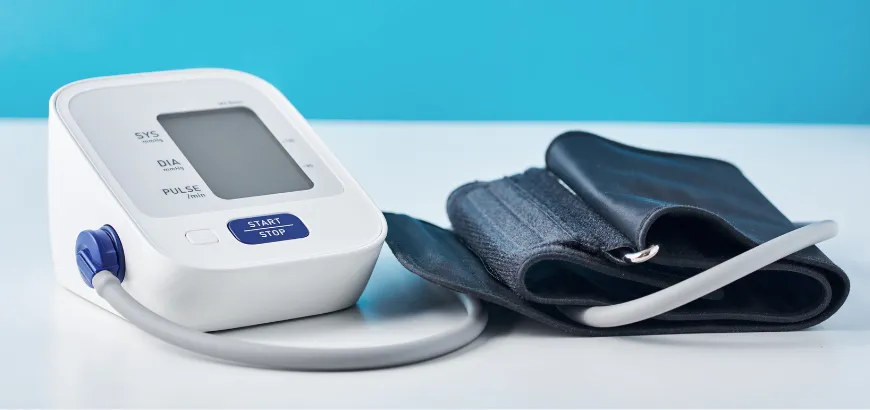
2. Digital Thermometer
The thermometer remains the fundamental tool for detecting fever, which is the body's primary indicator of infection or inflammation. Modern digital or temporal thermometers offer fast, highly accurate readings, eliminating the risks and delays associated with older mercury-based models. Having a functional, quick-reading thermometer is especially vital for households with young children, where monitoring temperature is key to tracking illness severity and deciding when to seek professional medical attention. Investing in a quality thermometer ensures you have reliable data when communicating symptoms to a healthcare provider, making it an indispensable part of your family's basic home medical kit.
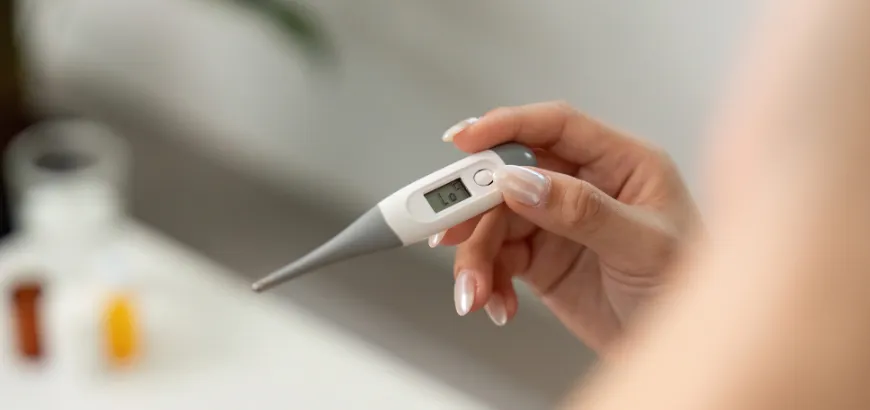
3. Pulse Oximeter
A pulse oximeter is a small, easy-to-use health monitoring device that clips onto the fingertip and painlessly measures the saturation of oxygen carried in your blood, expressed as SpO2. This simple measurement is critical because low oxygen levels can indicate serious issues with lung function or circulation. While popularized during the COVID-19 pandemic, it is a must-have medical device for individuals managing chronic respiratory conditions such as COPD or asthma, as well as those with heart failure. A normal reading is typically between 95% and 100%, and consistent readings below this range warrant immediate medical consultation. The medical instrument also displays your pulse rate, offering a secondary measure of cardiovascular health.
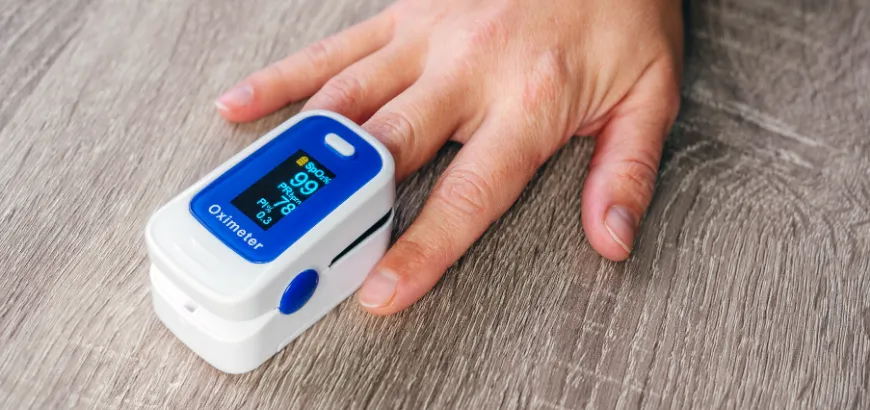
4. Comprehensive First-Aid Kit
The foundation of any home medical preparedness is a well-stocked, easily accessible first-aid kit. This kit needs to be comprehensive enough to handle minor traumatic injuries, burns, and common irritations. Essential contents include sterile gauze pads, various sizes of adhesive bandages, medical tape, antiseptic wipes, an eyewash solution, sterile gloves, trauma shears, and basic over-the-counter medications like pain relievers and antihistamines. Regularly check your kit for expired items and ensure everyone in the household knows its location and how to use the basic components to provide immediate care before professional help is needed.
5. Blood Glucose Meter (Glucometer)
For the significant portion of the population managing diabetes or pre-diabetes, a blood glucose meter is an essential self-management tool. This device uses a tiny drop of blood on a disposable test strip to measure the concentration of glucose in the bloodstream, providing data that guides dietary choices, exercise planning, and insulin/medication dosages. Regular at-home monitoring helps maintain blood sugar levels within a target range, which is crucial for preventing long-term complications associated with diabetes, such as neuropathy and vision loss. Modern glucometers often include memory storage and connectivity features, making it easier to log and analyze results over time.
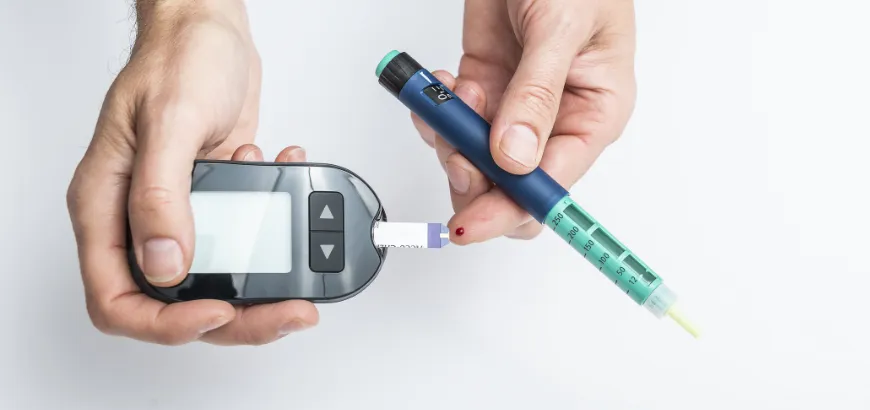
6. Automated Medication Dispenser
While a simple weekly pillbox works for basic medication schedules, an automated medication dispenser provides a higher level of safety and compliance, particularly for the elderly, individuals with complex medication regimens, or those with memory impairment. These smart devices are programmed to lock and dispense the exact pills needed at specific times throughout the day, often accompanied by loud alarms and visual alerts. This technology dramatically reduces the risk of accidental overdosing or missed doses, offering peace of mind to caregivers and promoting independence for the user by ensuring critical medications are taken precisely as prescribed.
7. Nebulizer
For individuals with chronic asthma, severe allergies, or other recurring respiratory illnesses, a nebulizer for home use is often recommended by doctors in BD. A nebulizer converts liquid medication into a fine mist that can be easily inhaled deep into the lungs through a mask or mouthpiece, providing highly effective treatment during acute breathing episodes. It works well for children, the elderly, or anyone who finds using a traditional inhaler puff difficult. These devices maximize the therapeutic benefit of inhaled drugs, which is vital during periods of respiratory distress.
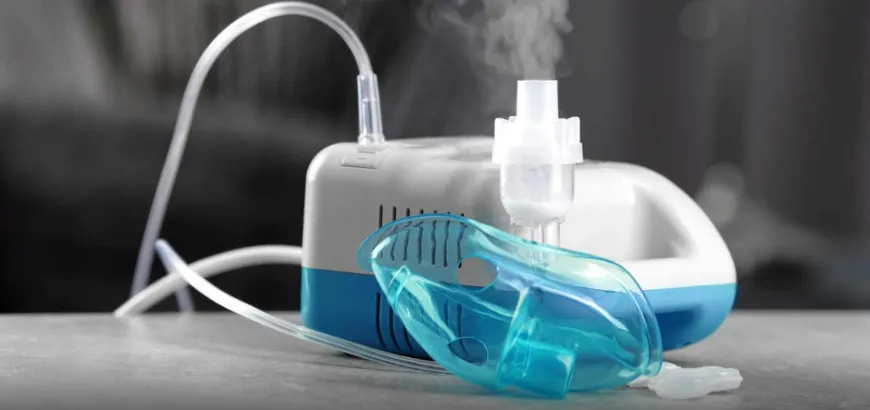
8. Digital Weight Scale
A high-quality digital weight scale serves as an important monitoring tool that extends beyond mere weight management. Significant, rapid changes in body weight, either gains or losses, can be critical indicators of underlying health issues, such as fluid retention related to heart or kidney failure. Many modern scales now offer bioelectrical impedance analysis (BIA) to estimate body composition, including body fat percentage and muscle mass. While these readings are estimates, tracking them over time can provide valuable insights into the effectiveness of fitness routines and overall health trends.
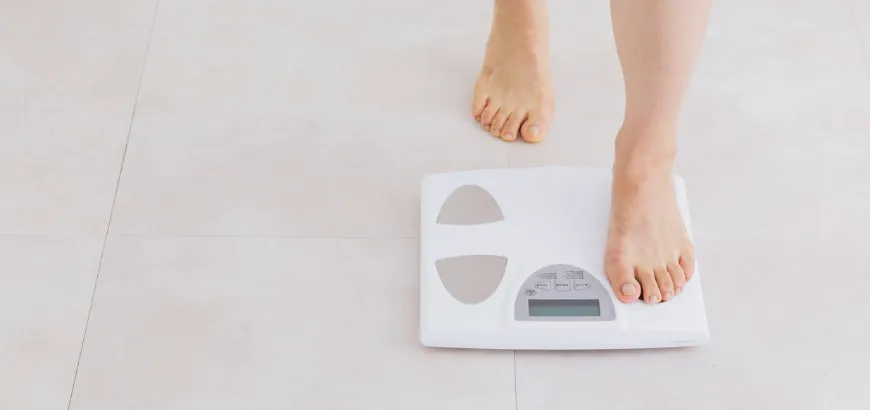
9. Wearable Health Monitor
Moving beyond traditional static equipment, smart wearable gadget like a Smart Watch or Smart Band, or Smart Ring provides continuous, real-time health data, making it an indispensable tool for active wellness monitoring. These wearable devices track key health metrics like heart rate (HR) throughout the day, sleep patterns, daily step counts, and even estimated calorie burn. For people managing stress, looking to improve fitness, or needing to observe long-term trends in their cardiovascular stability, a smart band or smart ring offers an accessible dashboard of personal well-being. The data collected can reveal early indicators of fatigue or changes in fitness levels, empowering the user to make immediate lifestyle adjustments or consult a doctor with detailed health logs.
10. Humidifier
Maintaining optimal air quality in your home is a vital, yet often overlooked, component of respiratory and skin health, especially during dry winter months or in arid climates. Humidifiers add moisture to the air, which can be highly effective in soothing irritated nasal passages, alleviating symptoms of the common cold, flu, and sinusitis, and preventing dry, itchy skin and chapped lips. They are particularly beneficial for infants and individuals prone to nosebleeds or who use CPAP machines. When selecting a humidifier, consider cool-mist models, as they are safer for children and pets. Regular cleaning, however, is crucial to prevent the growth of mold and bacteria, ensuring the air you breathe remains clean and therapeutic.
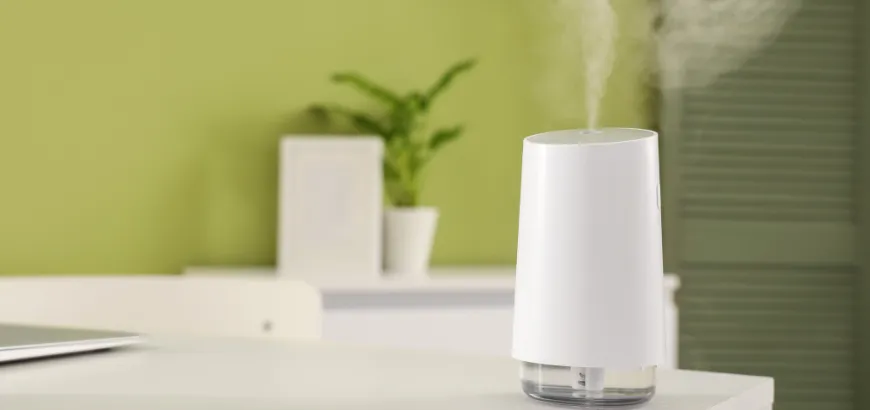
Embracing Home Health Empowerment in Bangladesh
Equipping your home with these top 10 medical instruments is an investment in proactive health management. They transition health monitoring from a periodic event at a clinic to an ongoing, daily practice. By accurately tracking your vital signs and having the right tools to manage minor emergencies, you foster a sense of security and gain the critical data needed to collaborate effectively with your healthcare providers, ultimately leading to better and more responsive care. For genuine medical instruments at best price in Bangladesh, visit Star Tech, the one-stop solution for all things tech.
Frequently Asked Questions (FAQ)
Is the data from home medical equipment accurate enough for my doctor?
Yes, absolutely. Modern home medical equipment is highly accurate and provides doctors with invaluable, consistent trend data from outside the clinic. Always purchase clinically validated models.
How often should I use the Blood Pressure Monitor or Glucometer?
Frequency depends on your condition, but generally, Blood Pressure is checked twice daily for consistency, and Glucometer use follows your doctor's specific monitoring schedule.
What is the main benefit of a Humidifier for health?
The main benefit of a home humidifier is soothing upper respiratory symptoms and relieving irritated nasal passages by adding moisture to dry indoor air.
Does a Smart Watch replace professional health diagnosis?
No. A wearable health monitor is an excellent tool for tracking trends (like resting heart rate and sleep consistency), but it is not a diagnostic device. It alerts you to potential issues that require professional evaluation.
Can I buy a Nebulizer without a prescription?
While you can often buy the nebulizer for home use machine itself, the medication requires a valid prescription from a doctor.

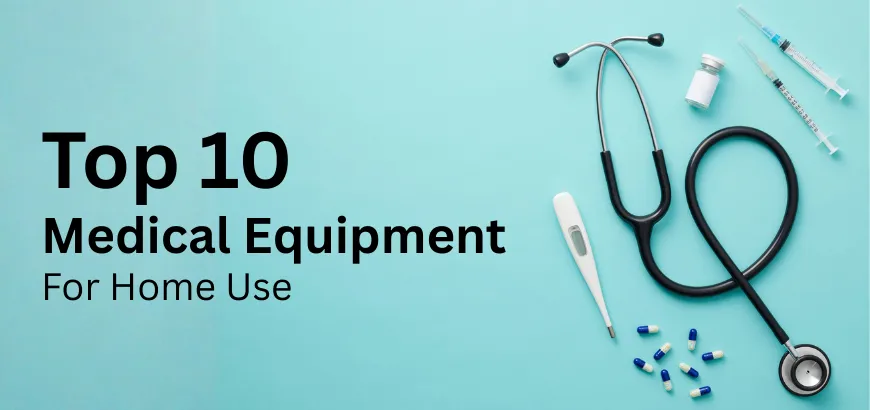

Comments
There are no comments for this Article.